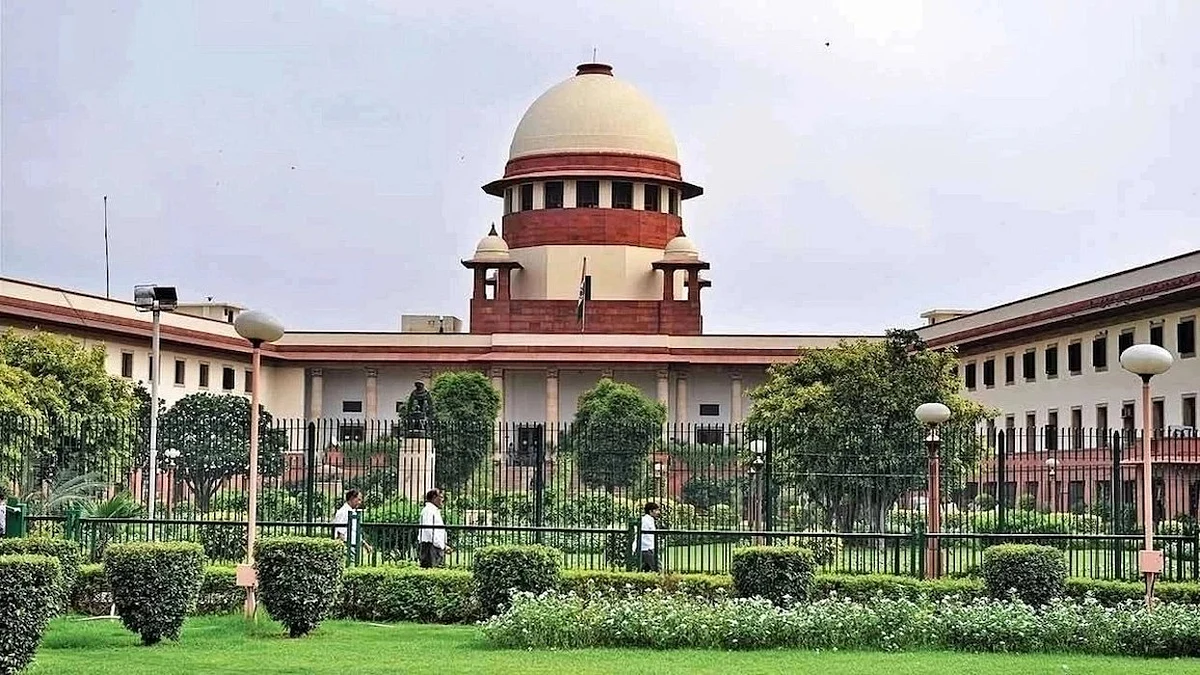ED in excess: What if state police start arresting Union ministers?
Several central ministers and BJP MLAs have criminal cases pending in their home states. What if the states retaliate?

The Supreme Court, which admitted a review petition challenging the PMLA (Prevention of Money Laundering Act, 2003), must post it urgently for hearing, suggest two senior lawyers.
In a videotaped conversation between lawyer and MP Kapil Sibal and former union minister P. Chidambaram, recorded on 31 January, the two lawyers voiced their concern over the misuse of the central agency.
The least the Supreme Court can do, suggested Sibal, is to ask the Enforcement Directorate why it has been taking selective action against Opposition leaders while leaving out Union ministers and BJP lawmakers.
The website of the Election Commission of India shows the criminal cases pending in the states against several Union ministers and BJP MPs and MLAs, he pointed out, and he suggested the apex court should ask the ED why they have not been questioned or arrested.
Chidambaram, meanwhile, wondered about the even more disruptive and mischievous fallout should the states themselves retaliate against central ministers and BJP lawmakers.
Everyone has property and family members in their home states; it would be easy for the states to find violations of the law by the ministers themselves or their family members.
There are also cases against several, in which the ED had started investigations—but stopped after the minister defected to the BJP, it was alleged. There are Union ministers and BJP chief ministers among them and their names are known, Chidambaram said.
The right thing to do is to draw the attention of the Prime Minister or the chief ministers to the evidence against all ministers and MLAs accused of criminal activities, the duo held.
The accused can then be given the opportunity to resign and defend themselves in court. This, Chidambaram said, is the process followed for judges and there is no reason why it cannot be followed in the case of ministers and other lawmakers.
There will be a complete breakdown of the Constitution if the state police open investigations against central ministers and MPs, he pointed out, and hoped for an early intervention by the Supreme Court to either stay the operation of the PMLA till after the general election or till a larger bench hears the review petition and delivers a judgement.
Recording the conversation for his YouTube channel, Kapil Sibal noted that allegations of cheating, irregular purchase of land, forgery, etc., are all bailable offences under criminal law. By including them in the scheduled offences for the ED to investigate, they have now been made into non-bailable offences. This has been used to intimidate ministers and MLAs, he alleged, predicting it the PMLA will be used even more often in the next month or two before the general elections.
Many of the summons issued by the dreaded Enforcement Directorate ask "victims" to provide information about unspecified offences and the space against the "schedule" is left blank, claimed Chidambaram.
In most cases, the "best evidence" that the ED usually comes up with is confessional statements obtained by coercion, which would not be admissible as evidence in any court under normal criminal law, he added.
The full conversation can be accessed here:
Follow us on: Facebook, Twitter, Google News, Instagram
Join our official telegram channel (@nationalherald) and stay updated with the latest headlines
